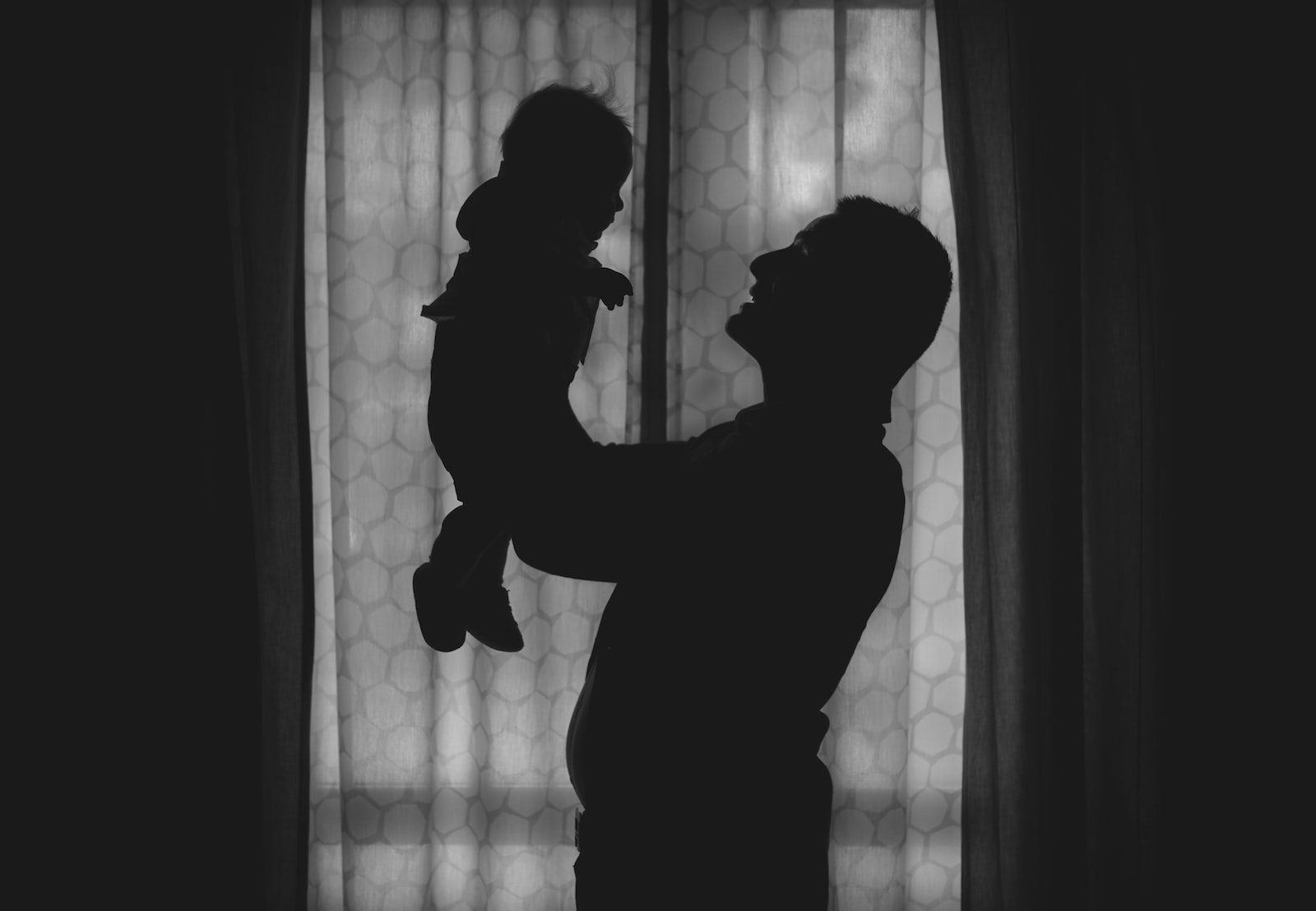The 16-year-old was left in conditions ‘unfit for any animal’ and her father was found guilty yesterday of gross negligence manslaughter.
Kaylea Titford died in her home in Wales in 2020 after she was left to become morbidly obese by her parents – paramedics claimed she was almost 23 stone when she was found.
As a result of not being able to get out of bed due to suffering with spina bifida – a condition that affects the spine and is usually apparent at birth, and being too big to fit in her wheelchair, the young girl was left in stew disgusting conditions.
Kaylea’s dad, Alun Titford, a father of six, was convicted of manslaughter on Tuesday – a charge her carer mum Sarah Lloyd-Jones had already admitted to in December. However, Alun previously denied these accusations, claiming her mother was solely responsible for his daughters care.
After being found guilty, Alun was granted bail and will be sentenced alongside Kaylea’s mum on 1st March at Swansea Crown Court.
It is believed to be the first prosecution of its kind in the UK in which parents have been charged with killing their child by not controlling their diet.
Speaking up about the case, Tracey Holdsworth, NSPPC Cymru Assistant Director, said: ‘No child should be subjected to the horrific treatment Kaylea Titford was prior to her tragic death. The conscious, prolonged neglect by those who should have cared for her is incredibly distressing.
‘Research shows that young people with disabilities are three times more at risk of abuse, and while Kaylea’s parents are to blame for her death this case shows why having effective safeguarding systems in place across our communities is crucial.
‘A Child Safeguarding Practice Review must leave no stone unturned in establishing what more could have been done to protect Kaylea, and, crucially, ensure that other children do not suffer such appalling neglect unnoticed.’
The neglect the 16-year-old suffered massively increased during the Covid-19 pandemic. Prior to the first lockdown, Kaylea was a pupil at Newtown High School, where her teachers and peers described her as a ‘chatty’ girl with a great sense of humour. She was also considered to be one of the best players of wheelchair basketball, so much so she attended a scouting day for potential Paralympians.
However, during the first seven months of lockdown, her health deteriorated so much that she never returned to school.
When the teenagers body was found, she was surrounded by soiled pads and milk bottles filled with urine. Her toenails also had not been cut in six months as she was unable to reach them and her armpits were black.
The court had heard that Kaylea had been discharged from physiotherapy and dietetics services in the years before her death and had last been seen by a social worker at home in 2017 and last visited her GP in February 2020.
Kaylea’s cause of death was recorded as ‘inflammation and infection in extensive areas of ulceration arising from obesity and its complications, and immobility in a girl with spins bifida and hydrocephalus’.
Hydrocephalus is a build-up of fluid on the brain, which left untreated can be fatal.
Photo by Tingey Injury Law Firm and Alfonso Scarpa














